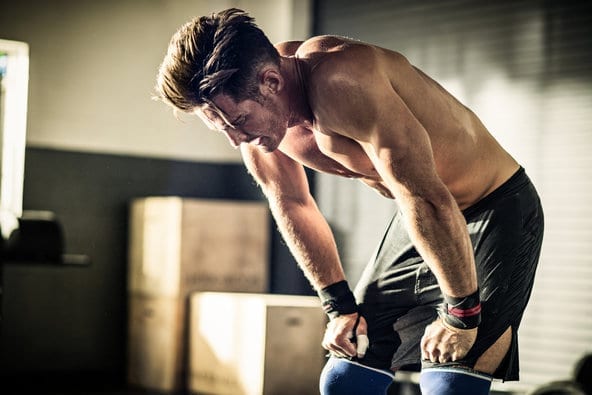We have all heard the phrase “no pain no gain” but is this statement necessarily true. I recently recommended to my class when it comes to exercising with Osteoarthritis in the knees, that it is important to stay active and not succumb to the pain that you may feel. While my suggestions were right to build up the strength in your leg muscles and modify the exercises to make sure you don’t increase the pain in your knees; many people aren’t sure what is the difference between good and bad pain. For example, how do I know when exercising that although I may feel some pain that it will not make my condition worse than it is but actually improve it. Also are there tell tale signs that my body gives me that will tell me that I should keep pushing or an injury is right around the corner. In this article we will discuss 3 signs where pain doesn’t equal gain …
No sharp pain – I know it may seem obvious but when you experience a sharp pain while exercising the best thing you could do is stop immediately. Sharp pains during exercise usually means that you are doing more damage and your body is sending you a signal to stop. Also pain during an exercise sometimes could be an indication that your exercise form or technique is incorrect; in moments like these reassess how you are performing the exercise before you continue to do it and if it still hurts, after then it is probably best you stop that exercise.
Starting too intense- I know most of us have lofty goals when it comes to getting in better shape but hurting yourself usually isn’t one of them. We have all heard gym stories of people lifting weights or doing an exercise way beyond their capabilities. In situations like these, your body either isn’t warmed up enough or capable to perform the activity which can lead to injury. My first recommendation is to warm up before you start to exercise and then pick a weight or speed that you is comfortable for you to complete the exercise.
You workout too often- along the lines of “starting too intense,” working out too often can also be bad for you. Just as rest is important, your body doesn’t do well when you push it hard all the time. If you workout hard everyday with no rest days or you feel physically tired all the time; your body is being over worked. My recommendation is to have rest days between hard exercise days and vary your workout so that the muscles you train don’t become overworked.
While I teach and recommend that everyone should exercise; pain does not necessarily equal gain. The better we can read the difference between good and bad pain, the more we will be able to avoid injuries and get in great shape.
About the Author: Eric Daw is an active aging specialist and the owner of Omni Fitt. Omni Fitt is dedicated to the wellbeing, health and quality of life of people aged 55 and over in Toronto. Eric motivates and empowers the older adult population to take responsibility for their independence, health and fitness through motivating and positive coaching experiences.








